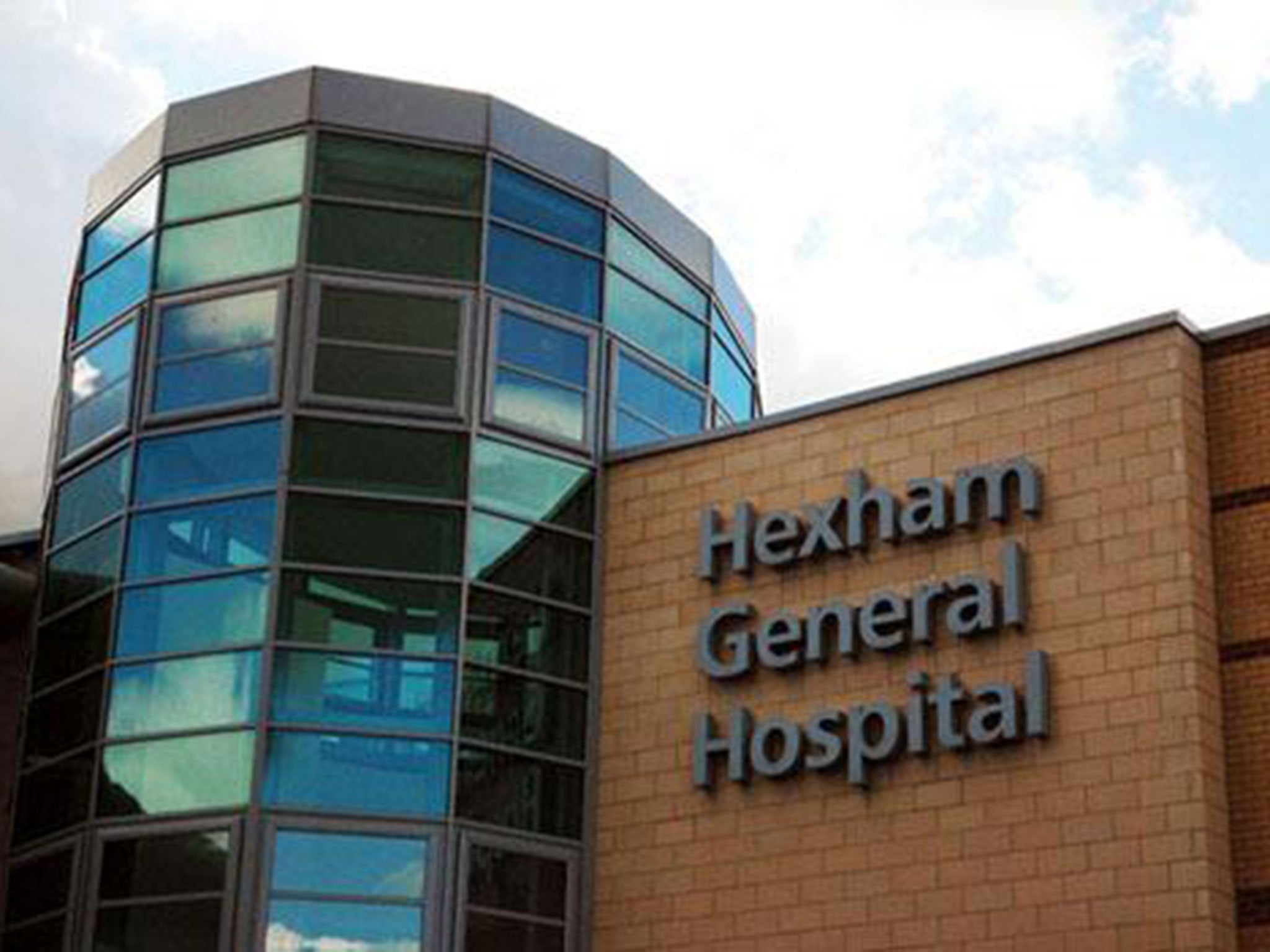Northumbria NHS trust saves £67m by freeing itself from PFI deal

Your support helps us to tell the story
From reproductive rights to climate change to Big Tech, The Independent is on the ground when the story is developing. Whether it's investigating the financials of Elon Musk's pro-Trump PAC or producing our latest documentary, 'The A Word', which shines a light on the American women fighting for reproductive rights, we know how important it is to parse out the facts from the messaging.
At such a critical moment in US history, we need reporters on the ground. Your donation allows us to keep sending journalists to speak to both sides of the story.
The Independent is trusted by Americans across the entire political spectrum. And unlike many other quality news outlets, we choose not to lock Americans out of our reporting and analysis with paywalls. We believe quality journalism should be available to everyone, paid for by those who can afford it.
Your support makes all the difference.Critics of the controversial private-finance initiative (PFI) programme have called for a full independent inquiry after an NHS trust saved nearly £67m by buying one of its hospitals out of its expensive private-sector deal.
In the first such arrangement of its kind, Northumbria Healthcare NHS Foundation Trust is borrowing £114m from the local council to pay off private contractors who built and ran Hexham General Hospital, leading to savings of about £3.5m every year over the next 19 years.
The sheer size of those savings in what was a relatively small contract was seen as yet more evidence that many of the deals signed under Tony Blair and Gordon Brown’s Labour government often represented poor value for money. They are also likely to mean more local councils lending money to hospitals to get them out of onerous PFI deals.
According to documents from one of the contractors in the PFI consortium, Hexham hospital cost £54m to build, in three stages. The first was opened by Mr Blair in 2004 with the contractor, a consortium known as Catalyst, being paid to run it for 32 years.
Analysts pointed out that the Catalyst consortium, which includes Bovis Lend Lease and Bank of Scotland, was likely to have made a huge profit on breaking the deal early. Only last week, The Independent highlighted how PFI companies often double their original investment by “flipping” or selling on contracts to other investors in the early stages of a 25 or 30-year term.
Documents from one Catalyst member, Lend Lease, in 2006 show that it invested £600,000 of equity in the project and expected to earn a further £14m for its share of running the facility for the following decade. Allyson Pollock, professor of public health research and policy at Queen Mary, University of London, said: “We need to know how much the members of the consortium have walked away with? Let’s face it, they are not doing this because they love the NHS. We need a full, open investigation into what has happened here.”
Details of the deal and the terms of the original contract remain vague. Accounts for the company Catalyst set up to run it, Hexham General Hospital SPC Holdings, show that it made a profit of £1.36m last year. It is now being wound down.
Northumbria Healthcare NHS Foundation Trust is borrowing the money from Northumberland County Council, which in turn will borrow from the Treasury’s Public Works Loan Board. That means that the debt will essentially end up on the public accounts.
Jim Mackey, the trust’s chief executive, said: “Without PFI we would never have been able to build the fantastic facility we have today at Hexham General Hospital.”
Join our commenting forum
Join thought-provoking conversations, follow other Independent readers and see their replies
Comments